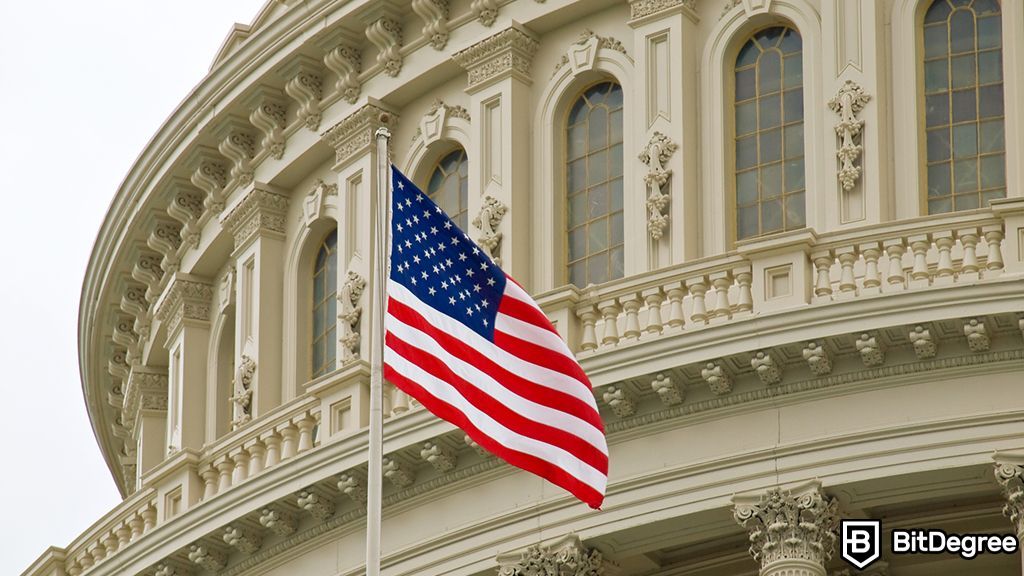[ad_1]
US Senate aims to regulate “anyone who “controls” a DeFi protocol or makes available an application to use the protocol.”
The United States Senate is gearing up to introduce a new piece of legislation aimed at regulating the cryptocurrency industry, with a particular focus on the decentralized finance (DeFi) space.
The bill proposed on July 19th by Senator Jack Reed (D-R.I.), a member of the Senate Banking Committee, would impose strict anti-money laundering (AML) requirements on DeFi protocols.

Did you know?
Want to get smarter & wealthier with crypto?
Subscribe – We publish new crypto explainer videos every week!
Known as the “Crypto-Asset National Security Enhancement Act of 2023,” the bill seeks to bring DeFi protocols under bank-like scrutiny.
Based on the bill description, the legislation’s main objective is to combat the increase in crypto-related crimes and hinder potential routes for money laundering and sanctions evasion that pose threats to national security.
DeFi protocols, which are financial applications enabling cryptocurrency transactions like lending, borrowing, and trading through smart contracts, pose a unique challenge to regulators. Unlike centralized entities, like crypto exchange Binance, these protocols operate on permissionless blockchains, making them harder to control.
In response, the proposed legislation aims to regulate “anyone who “controls” a DeFi protocol or makes available an application to use the protocol.” This description likely refers to groups that construct user-friendly interfaces for otherwise complex smart contracts. In particular, the legislation reads:
If nobody controls a DeFi protocol, then—as a backstop—anyone who invests more than $25 million in developing the protocol will be responsible for these obligations.
Those considered to be in control of a DeFi protocol would be required to gather customer information, maintain AML programs, report any suspicious activities to government authorities, and prevent individuals on sanctions lists from utilizing their protocol.
Furthermore, the bill intends to impose identity verification requirements on cryptocurrency kiosks. It also seeks to broaden the Treasury Department’s power to scrutinize alleged money launderers operating in non-traditional financial environments, including cryptocurrency.
Gile is a Market Sentiment Analyst who understands what public events may form what emotions. Her experience researching Web3 news and public market messages – including cryptocurrency news reports, PRs, and social network streams – is critical to her role in helping lead the Crypto News Editorial Team.
As an intelligent professional in public relations, together with the team, she aims to determine real VS fake news patterns, and bring her findings to anyone searching for unbiased news and events happening in the FinTech markets. Her expertise is uncovering the latest trustworthy & informative Web3 announcements to the masses.
When she’s not researching the trustworthiness of mainstream stories, she spends time enjoying her terrace view and taking meticulous care of her outdoor environment.
Gile is a Market Sentiment Analyst who understands what public events may form what emotions. Her experience researching Web3 news and public market messages – including cryptocurrency news reports, PRs, and social network streams – is critical to her role in helping lead the Crypto News Editorial Team.
As an intelligent professional in public relations, together with the team, she aims to determine real VS fake news patterns, and bring her findings to anyone searching for unbiased news and events happening in the FinTech markets. Her expertise is uncovering the latest trustworthy & informative Web3 announcements to the masses.
When she’s not researching the trustworthiness of mainstream stories, she spends time enjoying her terrace view and taking meticulous care of her outdoor environment.
[ad_2]
Source link





